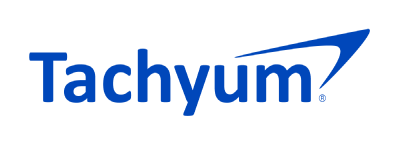المركز الإعلامي / بيانات صحفيه / 2020 /
Tachyum Running Apache is a Key Milestone for Prodigy Universal Processor Software Stack
· 4 minutes to read
SANTA CLARA, Calif., February 11, 2020 – Semiconductor startup Tachyum Inc. today announced that it has completed another critical stage in software development by successfully achieving an Apache web server port to Prodigy Universal Processor Instruction Set Architecture (ISA). This latest milestone by Tachyum’s software team brings the company’s Prodigy Universal Processor one step closer to being customer- ready in anticipation of its commercial launch in 2021.
After its successful GNU toolchain port and the creation of multiple simulation environments to execute Prodigy’s native ISA in 2018, Tachyum’s software developers concentrated on achieving their first successful Linux kernel port in 2019. After confirming the kernel’s functionality, the team moved on to GNU userland open source applications porting.
After porting, recompiling and validating required pre-requisite libraries, Tachyum began the task of porting applications that are most relevant to its hyperscale customer base. This work has now successfully led to the latest achievement of a Prodigy-native Apache instance, serving webpages under the Linux kernel Tachyum ported last year.
Tachyum’s software team is currently working on running a larger set of existing applications and binaries, to be achieved before the end of this year. Completion of this next software milestone will help ensure that the commercially available version of Prodigy with software will be production-ready by 2021, on schedule.
“Each incremental step we have undertaken continues to propel us forward in delivering to market the world’s first Universal Processor,” said Dr. Radoslav Danilak, Tachyum founder and CEO. “We believe that it is absolutely essential to ensure our technology is easy to deploy and consume by our customers, that existing applications and binaries can run, and that key applications running in native Prodigy ISA are readily available when systems with Tachyum Prodigy start to ship. This latest milestone ensures that we are on track to do just that. I am extremely proud of the efforts of our entire development team and the hard work they have performed to help combine general purpose processing, HPC, AI and ML disciplines onto a single chip that provides dramatic improvements in performance, energy consumption, server utilization and space requirements.”
Prodigy, the company’s 64-core flagship product, is scheduled for high-rate production in 2021. It outperforms the fastest Xeon processors at 10x lower power (core vs. core) on data center workloads, as well as outperforming NVIDIA’s fastest GPU on neural net AI training and inference. Due to its high computational density and I/O bandwidth, networks of Prodigy processors comprising less than 250 racks, can deliver an EXAFLOPS (a billion, billion floating point operations per second) of double-precision floating-point performance. Prodigy’s 3x lower cost (per MIPS) compared to the CPU competition, coupled with its 10x processor power savings, translates to a 4x reduction in Data Center TCO (Annual Total Cost of Ownership: CAPEX + OPEX). Even at 50 percent Prodigy attach rates, this translates to billions of dollars per year in real savings for hyperscalers such as Google, Facebook, and Amazon.
Since Prodigy can seamlessly and dynamically switch from data center workloads to AI or HPC workloads, unused servers can be powered up, on demand, as ad hoc AI or HPC networks – CAPEX free, since the servers themselves have already been purchased. Every Prodigy-provisioned data center, by definition, becomes a low-cost AI center of excellence, and a low-cost HPC center.
Follow Tachyum
https://www.linkedin.com/company/tachyum
https://www.facebook.com/Tachyum/
About Tachyum
Named for the Greek prefix “tachy,” meaning speed, combined with the suffix “-um,” indicating an element (e.g. lithium), Tachyum is meant to evoke the notion of “an element of speed”. Tachyum emerged from stealth mode in 2017 to engineer disruptive intelligent information processing products. Tachyum’s founders have a track record of solving problems caused by device physics in semiconductors, to deliver transformational products to global markets, and are backed by IPM Growth, the Central & Eastern European venture capital platform, as Tachyum’s lead investor.

